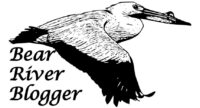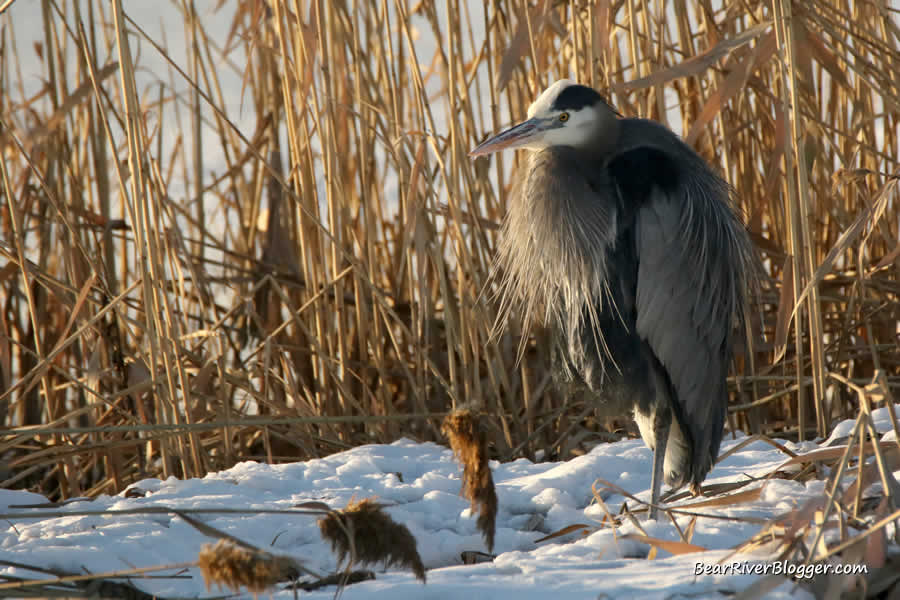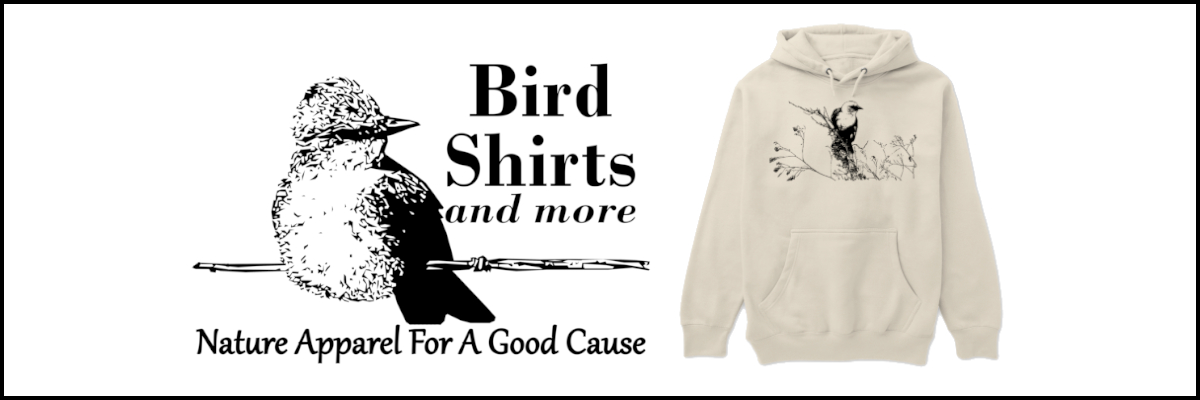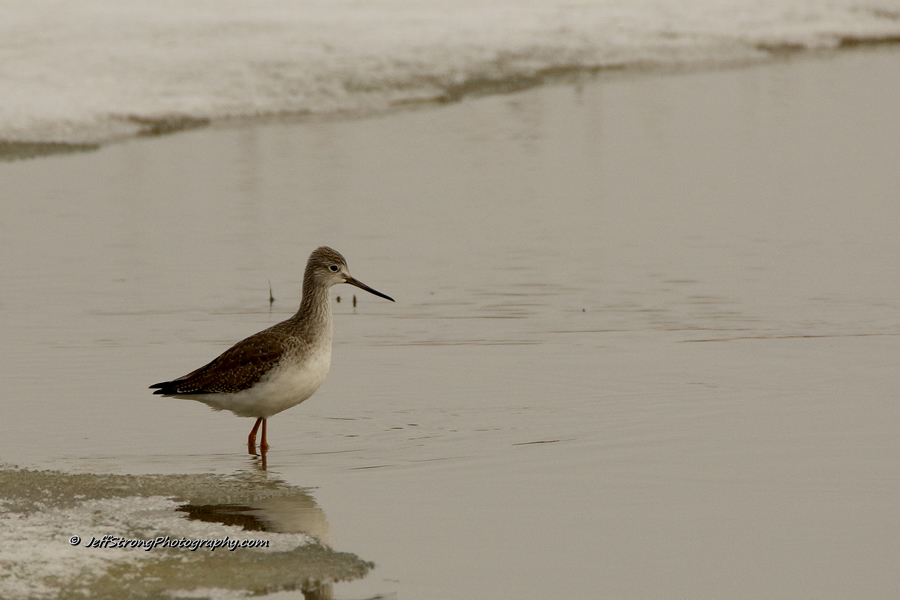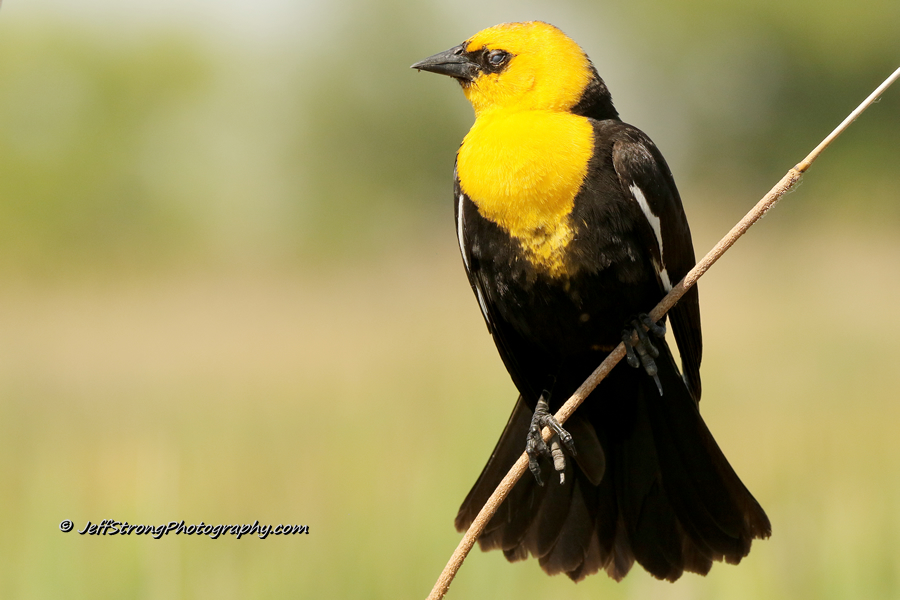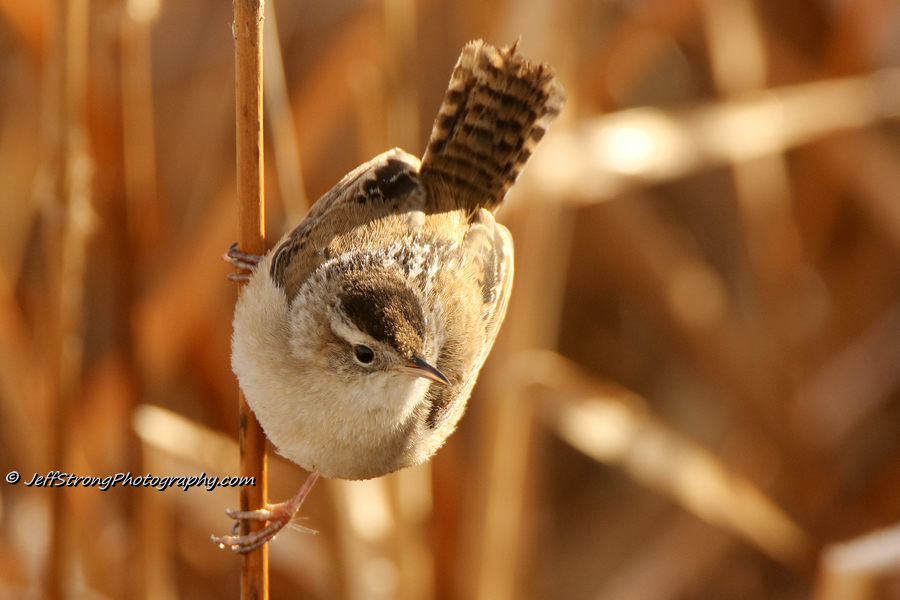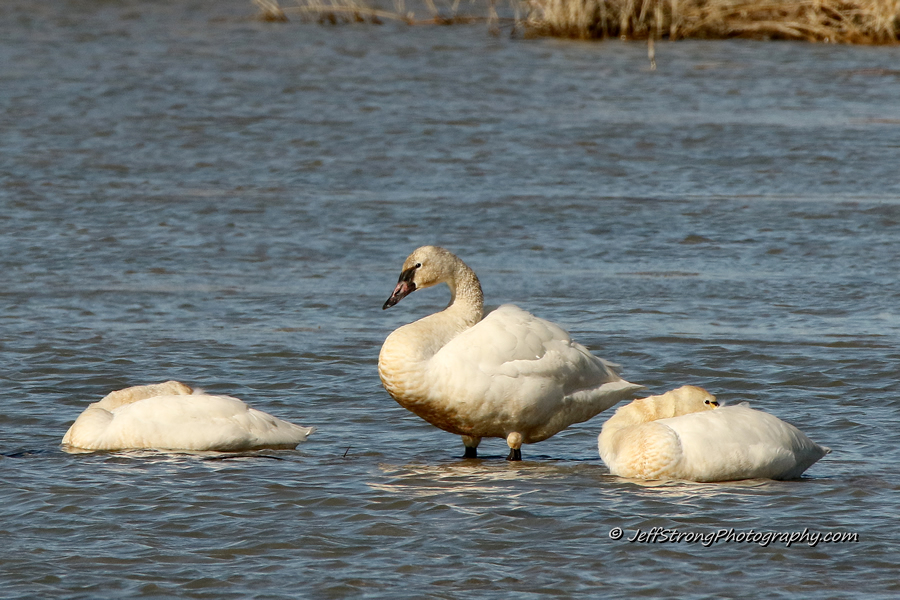Even though I’m not much of a fan of winter, it does bring one thing to the bird watching table per se, fantastic opportunities to view and photograph great blue herons.
In more northern parts of the country, great blue herons typically migrate south for the winter, but here in Utah, the great blue heron is a year-round resident, offering some unique winter birding opportunities not available in other parts of the country where herons migrate during the winter season.
One of my favorite winter scenes in nature is a great blue heron hunched over a small hole in the ice, much like an ice fisherman does waiting to get his line bit.
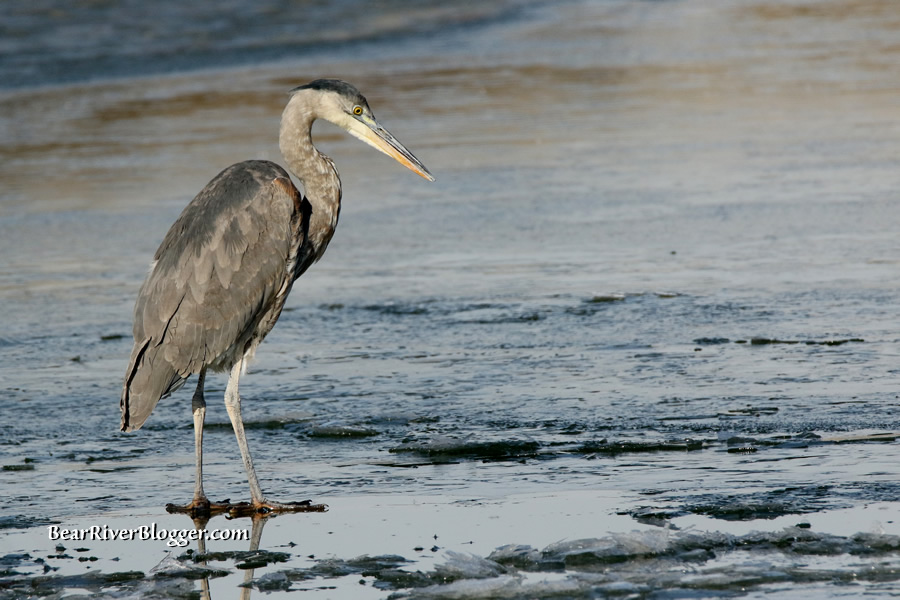
It’s a unique setting, at least for me that is, as great blue herons typically eat fish, but have had to adapt their diets as well as survival strategies to stay in Utah’s cold climate during sub-freezing temperatures for weeks on end.
From all of my birding excursions over the years, I have found the Bear River Migratory Bird Refuge auto tour route is the best location to watch and photograph great blue herons during the winter.
The reason being for this is the high number of great blue herons that live on the Bear River Migratory Bird Refuge throughout the year.
Winter is definitely no exception as many times over, I have seen dozens of great blue herons standing on the ice at one time on the southern portion of the auto loop.
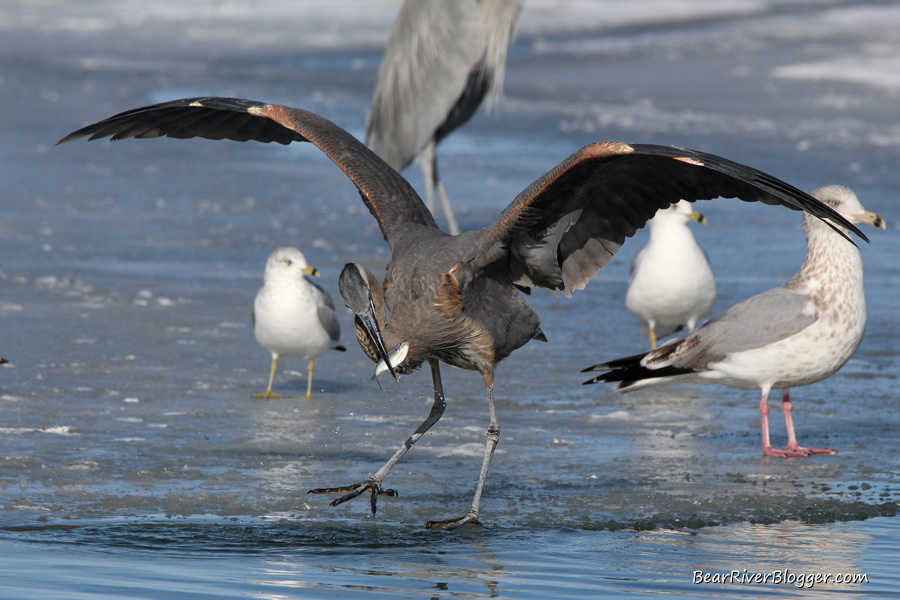
There is no science to back me up on this but I have a working theory on why so many great blue herons stay on the Bear River Migratory Bird Refuge during the winter, especially on the southern portion of the auto tour route.
The way this unit is set up, water flows from north to south and only a couple of concrete water control structures are available on the southern dike for the water to flow out of the enclosed unit and on its way to the Great Salt Lake.
This forces a bit of current near these areas where the water is allowed to flow under the gravel road and out of the unit, leaving long stretches of open water nearby for great blue herons, gulls, and diving ducks to fish from all winter long.
It is this current that leaves vital open pockets of water, even in very frigid and sub-freezing temperatures, on an otherwise frozen refuge that attracts numerous great blue herons, as well as other fish-eating birds to the area during the coldest stretches of winter.
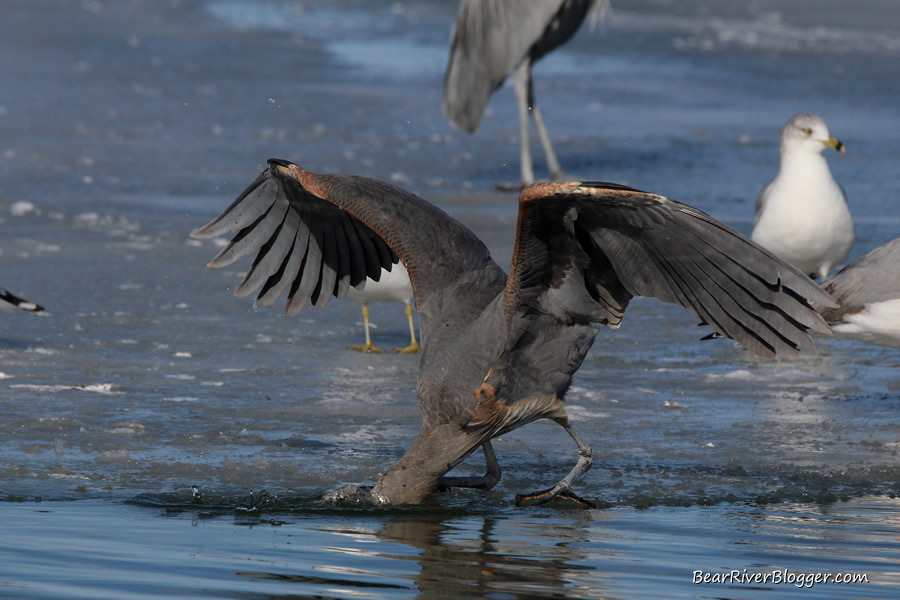
It doesn’t take much open water to attract great blue herons, and last year during some of our colder stretches of weather there was a lot of open water on the south portion of the auto tour route that was a few feet wide and hundreds or more yards long that attracted countless birds to feed upon the small fish below.
Great blue herons have also learned to steal fish from diving ducks, such as goldeneyes and pied-billed grebes, to help sustain them during the harshest parts of winter, but it is these pockets of open water that attracts and helps keep these unique birds on the refuge during the winter.
Don’t forget to head on over to our subscribe page and sign up for email notifications for future blog posts.
We also appreciate your readership and support for our website and hope you will share any posts you find interesting on your favorite social media outlets to help keep the website growing.
Birding Apparel
Use promo code save20 for 20% off this and all items in our online store Bird Shirts and More. “Let’s Go Bird Watching” hooded sweatshirt

